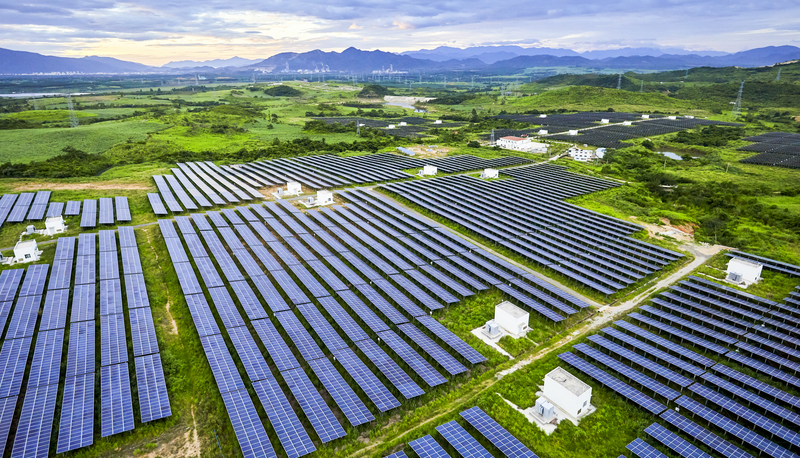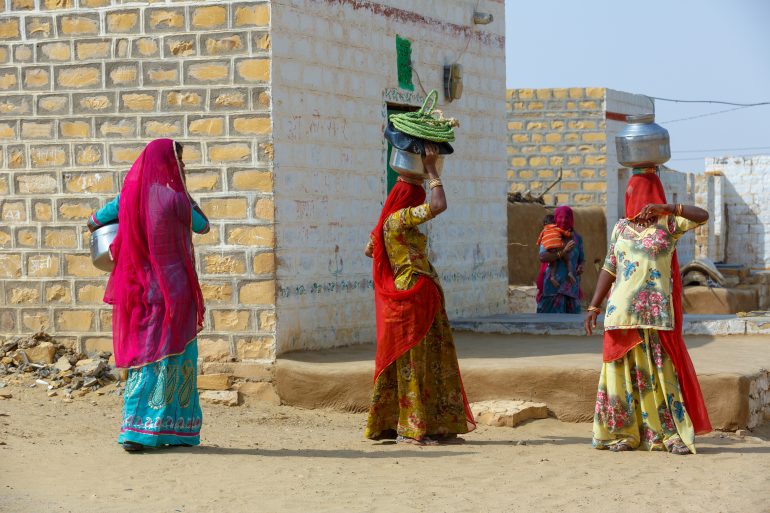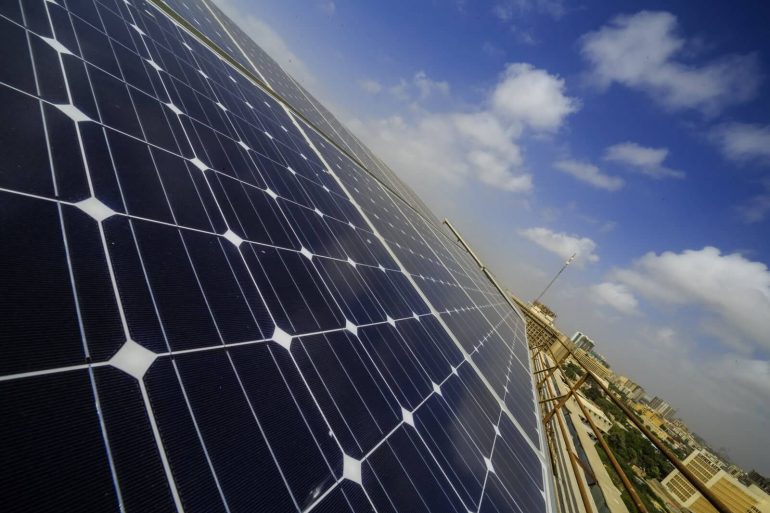What is the significance of a one-degree Celsius rise or fall in temperature?
It is not a minor difference. It is the difference between ice and water; between a healthy body and a feverish one. The human body’s normal core temperature is 37-38°C; if it heats up to 39-40°C, muscles slow down and a fever burns. If a single-degree rise in temperature is this significant to a human body, consider the consequences to our planet Earth if the global temperature were to increase by four degrees by 2100, knowing that an average increase of one degree across its entire surface means huge changes in climatic extremes.
Resulting changes in weather patterns may result in heavy rainstorms and severe flooding or drought, disrupting living patterns, agriculture, and economies. Security experts and scientists such as UK Chief Scientific Advisor David King suggest that climate change poses a greater security threat than terrorism. It’s the hardest problem humanity has ever faced; the most difficult and dangerous problem humans have ever created. It is predicted that if greenhouse gases continue to be released into the atmosphere at the current rate, the average temperature around the world could rise by about 4 to 12°C by the end of this century. We have a planetary emergency. We must understand how to act quickly and decisively to preserve our planet and our lives.
What is the significance of a one-degree Celsius rise or fall in temperature?
It is not a minor difference. It is the difference between ice and water; between a healthy body and a feverish one. The human body’s normal core temperature is 37-38°C; if it heats up to 39-40°C, muscles slow down and a fever burns. If a single-degree rise in temperature is this significant to a human body, consider the consequences to our planet Earth if the global temperature were to increase by four degrees by 2100, knowing that an average increase of one degree across its entire surface means huge changes in climatic extremes.
Resulting changes in weather patterns may result in heavy rainstorms and severe flooding or drought, disrupting living patterns, agriculture, and economies. Security experts and scientists such as UK Chief Scientific Advisor David King suggest that climate change poses a greater security threat than terrorism. It’s the hardest problem humanity has ever faced; the most difficult and dangerous problem humans have ever created. It is predicted that if greenhouse gases continue to be released into the atmosphere at the current rate, the average temperature around the world could rise by about 4 to 12°C by the end of this century. We have a planetary emergency. We must understand how to act quickly and decisively to preserve our planet and our lives.
The good news is that we have a way to control it through low-carbon technologies and renewable energy resources. Currently, 85% of all the energy in the world is produced with fossil fuels. However, we have enough wind potential to power the world forty times over; enough solar energy reaching Earth every hour to meet the energy needs of the world for a year. Promoting these and other sources of renewable energy is an important part of climate activism, especially in industrialized nations, which are large producers of greenhouse gases.
We need global action and global mobilization to prevent our planet’s brewing fever. We all have to be incredibly active, and act together to solve this issue. We have to heighten our sense of urgency, and increase our sense of responsibility. Climate change is not just a political issue: it’s a moral and social issue, in which we are all accountable. Speak up and exercise your rights as a citizen to advocate for a better future, because a collective action complemented by national policies shall make real impacts. We must encourage our communities to act, and ask our political leaders to tackle climate change. It is important to change our laws and habits to preserve a healthy future for ourselves, and our generations.
Rehana Aziz
Lead-Planning and Costing Engineer
October 19, 2016






